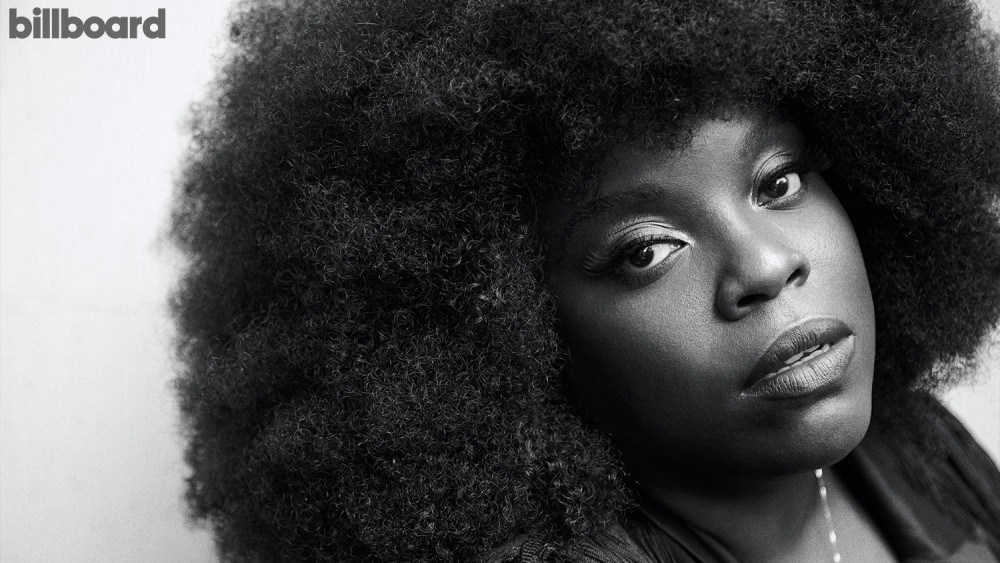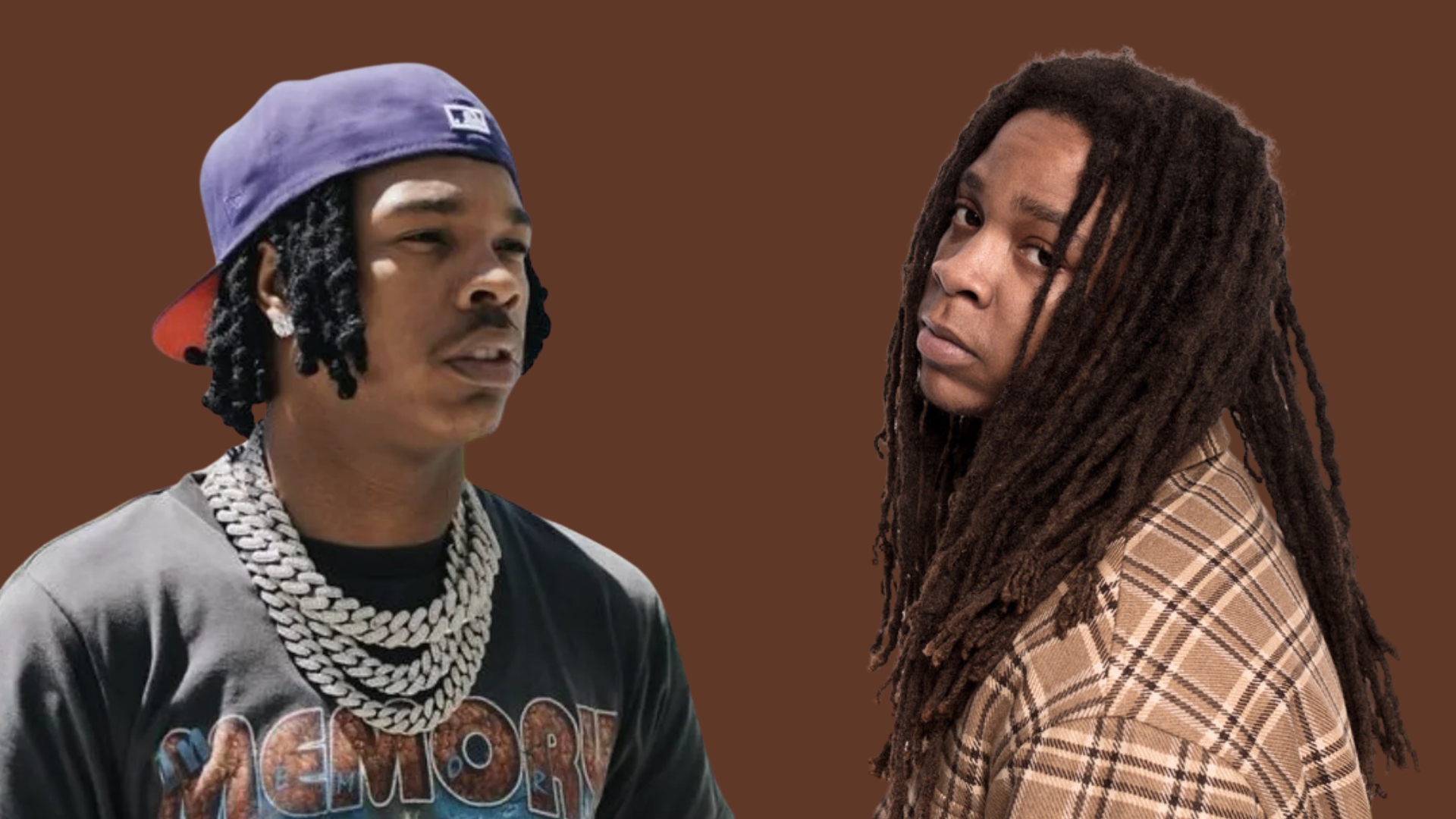“I was in Munich in my undies and was intermittently crying for 24 hours,” says Yola, recalling last November, when she learned of her first-ever Grammy Award nominations. “There’s not many things that will bring me to a standstill, but that was definitely one of them.”
The 36-year-old British singer is battling bronchitis when we meet in the lobby of her New York hotel one afternoon in December, but she still beams when discussing her four nominations — including nods for best new artist and best Americana album — that capped an already impressive year. In addition to releasing her debut album, Walk Through Fire, which The Black Keys’ Dan Auerbach produced and released on his Easy Eye Sound label, Yola shared the stage with Mavis Staples and Dolly Parton at the Newport Folk Festival, sang on the debut album from country supergroup The Highwomen and found famous fans in everyone from Jamie Lee Curtis to Kendall Jenner. “It’s really normal for me to get a text from Brandi Carlile or Sheryl Crow,” says Yola. “This was not normal eight months ago.”
With her powerful, husky voice, vulnerable lyrics and fusion of country, soul and 1960s pop, it’s not surprising that Yola has found enthusiastic fans in the Recording Academy. But as a debut indie artist in a field of chart juggernauts — her best new artist competition includes Billie Eilish, Lil Nas X and Lizzo — she represents the kind of artist who perhaps would have flown under the radar in the Grammys’ general categories had the academy not expanded the number of nominees in those fields from five to eight in 2018. She’s already seeing the benefits of being in such company: In the first full week after being nominated Yola’s total on-demand U.S. streams increased by 25%, according to Nielsen Music/MRC Data.
Getting here wasn’t easy. Born Yolanda Quartey, she grew up in poverty in Bristol, England, and was discouraged from making music by her mother over concerns for the field’s financial instability. As an adult, she fronted the country-soul band Phantom Limb, toured with artists like Massive Attack and worked behind the scenes as a sessions singer, but she struggled in her personal life: She was briefly homeless, endured an abusive relationship and survived a 2015 house fire — trials that bled into her music, most notably the album’s title track.
Her fortunes changed in 2016, when Yola made her debut at Nashville’s AmericanaFest with a rapturously received set. Footage of her performance reached Auerbach, who soon got in touch about collaborating and ultimately co-wrote almost every song on the album. Still, one of the biggest obstacles she faced was her own confidence. Yola says she often felt like a “supporting character” in her own career: “Even when I was in a situation where it looked like] I was leading, I filtered my personality, my opinion. I tried desperately to assimilate.” Some of that, she says, was due to the overwhelming whiteness of country and Americana music, where Yola had few role models. But finding peers like The Highwomen — made up of Carlile, Natalie Hemby, Maren Morris and Amanda Shires — has since helped her own what she brings to the table. “I felt for the first time in a long time that I was in an environment where each person was celebrated for their differences,” she says of recording with the band.
Expect that newfound fearlessness to shine through on her second album, which she hopes to release later this year and says will showcase even more of her influences, from jazz to The Kinks. “This record is turning into the next step of exploration,” says Yola. “Going slightly further afield and coming back home.”
This article originally appeared in the Jan. 25, 2020 issue of Billboard.



